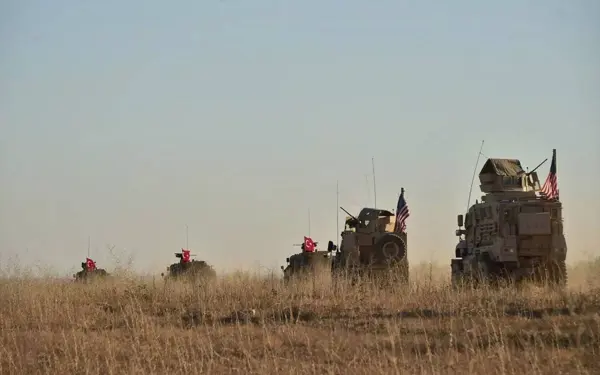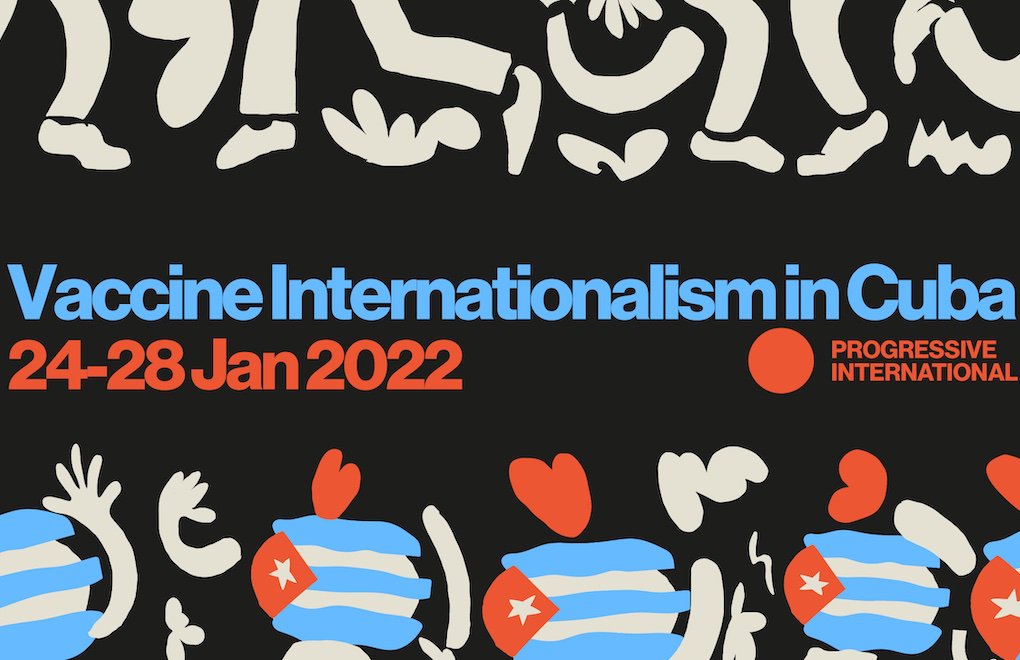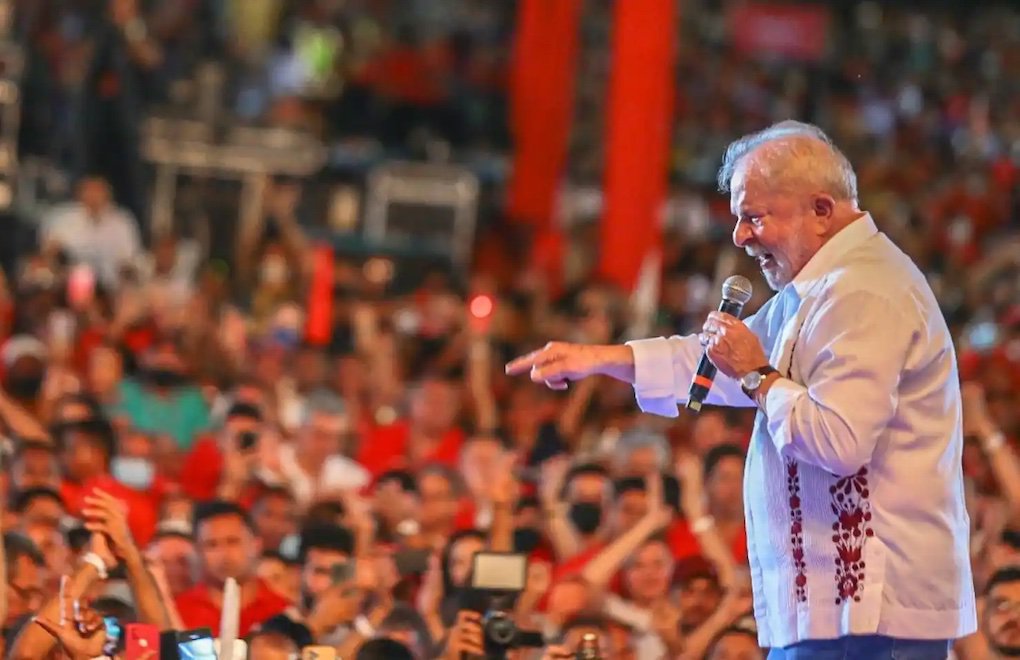Turkey is well on its way to becoming a military dictatorship. With the "e-warning" of 27 April, a sword was put on the table, and if the Justice and Development Party (AKP) gains an absolute majority in parliament, which would allow it to elect the President, the sword would rise up. Should the AKP then not choose a presidential candidate who is "bound to the Republic in essence", as the Chief of General Staff Büyükanit put it, the sword will come down, and Turkey will face its fifth military intervention in its 57th year of multi-party politics.
What has become clear since the "e-warning" is that if the AKP is not able to bring 367 MPs together to form an absolute majority (either with its own MPs or with a coalition), and if the people responsible for the "e-warning" are not taken off active duty and brought to trial, then the AKP cannot rule. If it does rule, Turkey will have a two-headed regime, and the government will have resigned itself to the nature of this regime. Such a regime is not sustainable.
[...]
It appears that we are facing a "Chrinicle of a Death Foretold". Like in the famous novel by Gabriel Garcia Marquez, everyone knows who will kill whom; nobody lifts a finger to change fate, and the course of events becomes more and more dramatic with whispers, gossip and rumours.
While the Armed Forces, with the support of the President, the Judiciary, universities, media and the Republican People's Party (CHP), have struck blow after blow against the AKP, the Turkish Industrialist and Businesspeople Association (TÜSIAD) and the Koc business empire have accused the AKP of opposing the education and clothes reforms. Between capital and armed forces, the AKP is being pushed to retreat.
If one remembers under what conditions the "e-warning" of 27 April was issued, it becomes clear that it is not a "coup", but rather a call from the General Staff on the Constitutional Court to "do its duty" (i.e. declare the presidential elections void).
However, despite "e-warnings", "Republican rallies" with flags and the exaggeration of the numbers of AKP opponents, the AKP does not seem to have lost its popular support. It is even expected to receive a similar number of votes to what it received in the previous general elections in November 2002.
Even if the Constitutional Court has managed to prevent a presidential referendum taking place at the same time as the general elections, it is easy to calculate that the coming elections will result in a parliament in which no president can be elected without the support of the AKP. This means that there will be chaos.
[...]
As elections are approaching, there has been a dramatic increase in violence and loss of human life. The attacks on civilians, which started with the bombing of the Anafarta commercial centre of Ankara, continue in other cities. The battles between the PKK and the armed forces in the South-East and near the Iraqi borders cause more and more deaths. When the dead are returned to their hometowns, their coffins wrapped in flags, the funerals are turned into racist demonstrations.
War agitators, including the CHP leader Deniz Baykal, see the root of the problem in Northern Iraq and continue to poison the public with talk about cross-border military operations.
The new statement on the General Staff website, published on 9 June (link www.bianet.org/index_eng_root.htm), shows that although the sharp edges of the sword are directed against the AKP and political Islam, the sharp tip of the sword is pointing at the Kurdish movement and the democratic opposition.
[...]
After deciphering the allusive language of the Armed Forces, it is clear that the list of "unwanted people" in parliament is longer than expected: the AKP, which is only laicist "in word, not in deed", those who do not say "How happy are those who call themselves Turkish", all MPs who say "I am Turkish, but I am not happy", deputies who struggle for "peace, freedom and democracy" and human rights, the independent MPs of the pro-Kurdish DTP who are searching for a political structure that reflects a society of multiple identities...in short, with the logic of the "e-warning" of 27 April, the Armed Forces would be forced to act against these "internal enemies".
In order to avoid being put in the same category as the Thai or Pakistani army, the Armed Forces would however try to avoid a governmental coup. Rather, by citing unavoidable reasons, such as the PKK attacks from the Iraqi border, they would push government and parliament into a corner, and ensure that general elections were be postponed. Thus, facing the world and Turkey, the army could justify a subsequent military dictatorship with "security precautions".
[...]
It is vital that the doors to parliament are left open, that general elections take place, that independent candidates of the left and of the DTP enter parliament.
The most effective antidote against the armed forces placing themselves in a position of owners of the country is to question the "security" excuse that they base their credibility on.
Those who are oppressed also need to emphasize their determination to send representatives to parliament and to refrain from violence of any sort.
Revolutionism, rather than heroic legends written against a military dictatorship, means patiently taking all the steps which would prevent such a beforehand. (EK/EÜ/AG/EÜ)
* This article by Ertugrul Kurkcu appeared in the June 2007 issue of the monthly "Siyasi Gazete".









